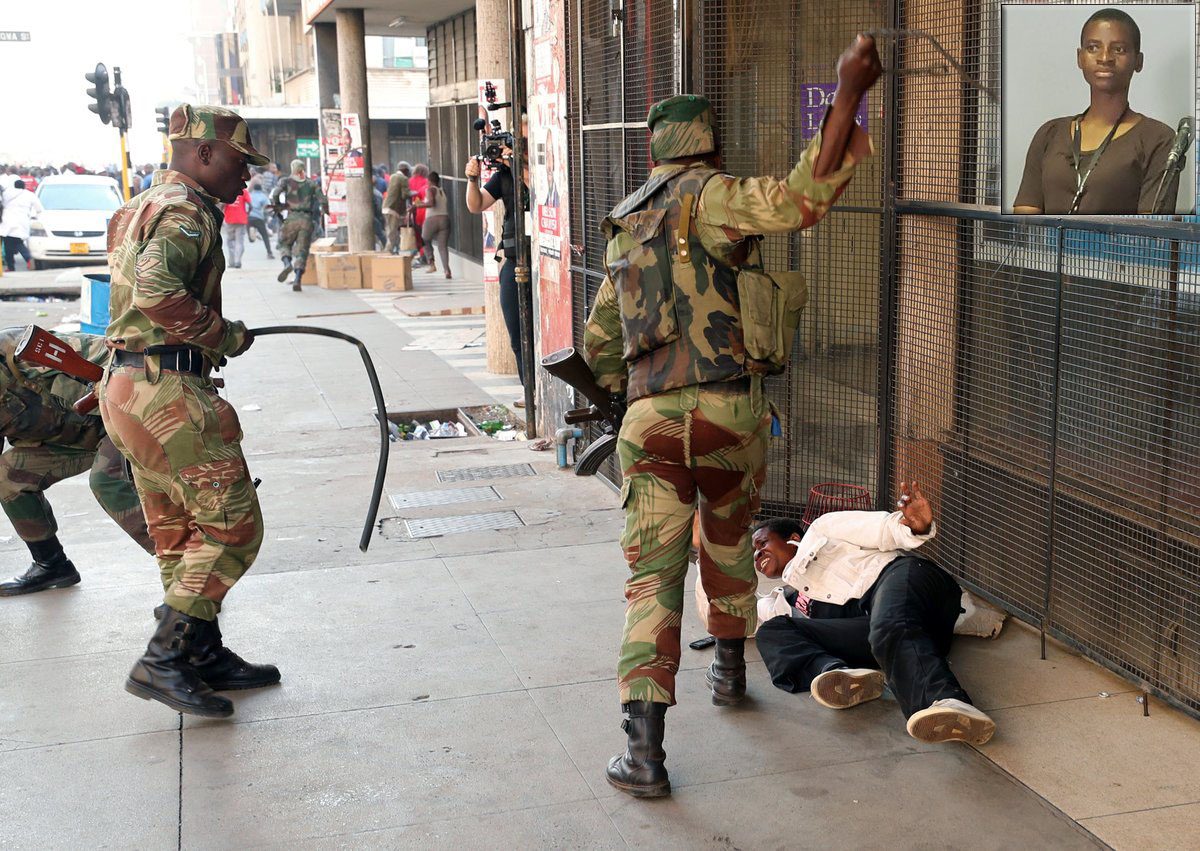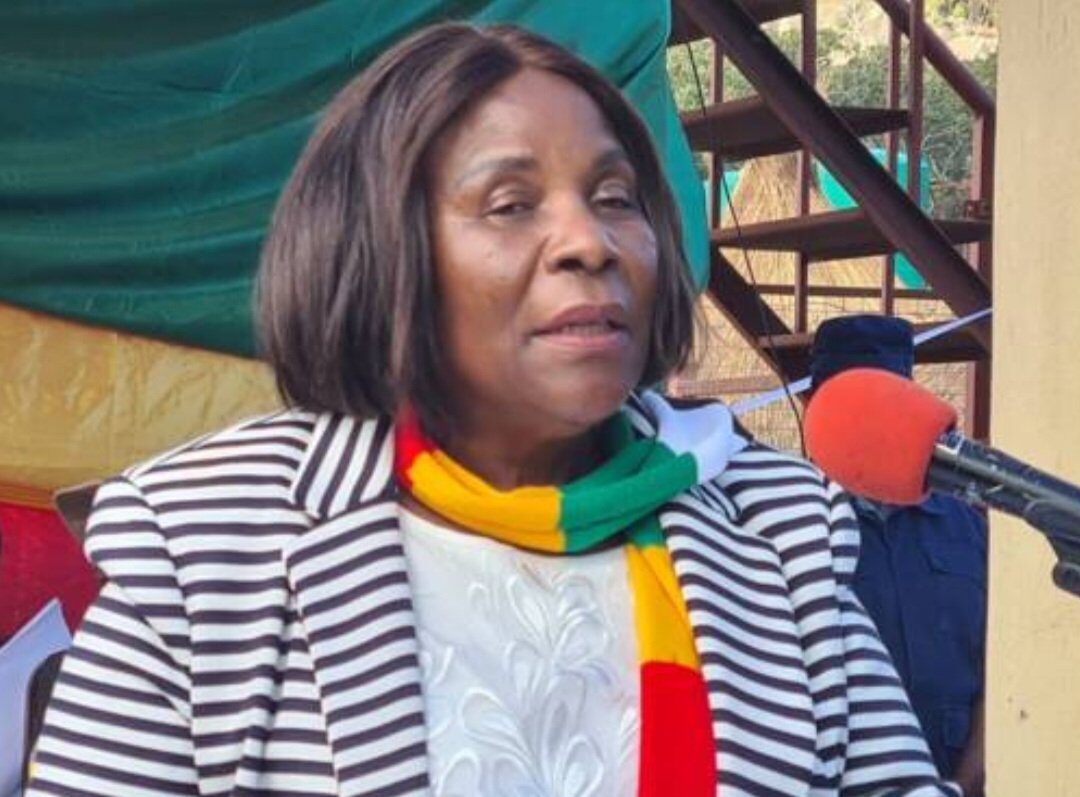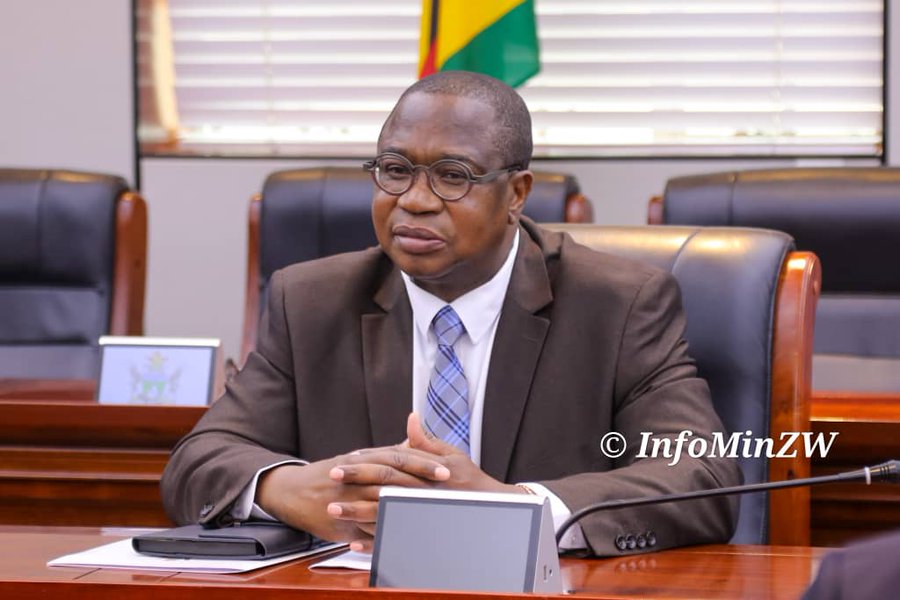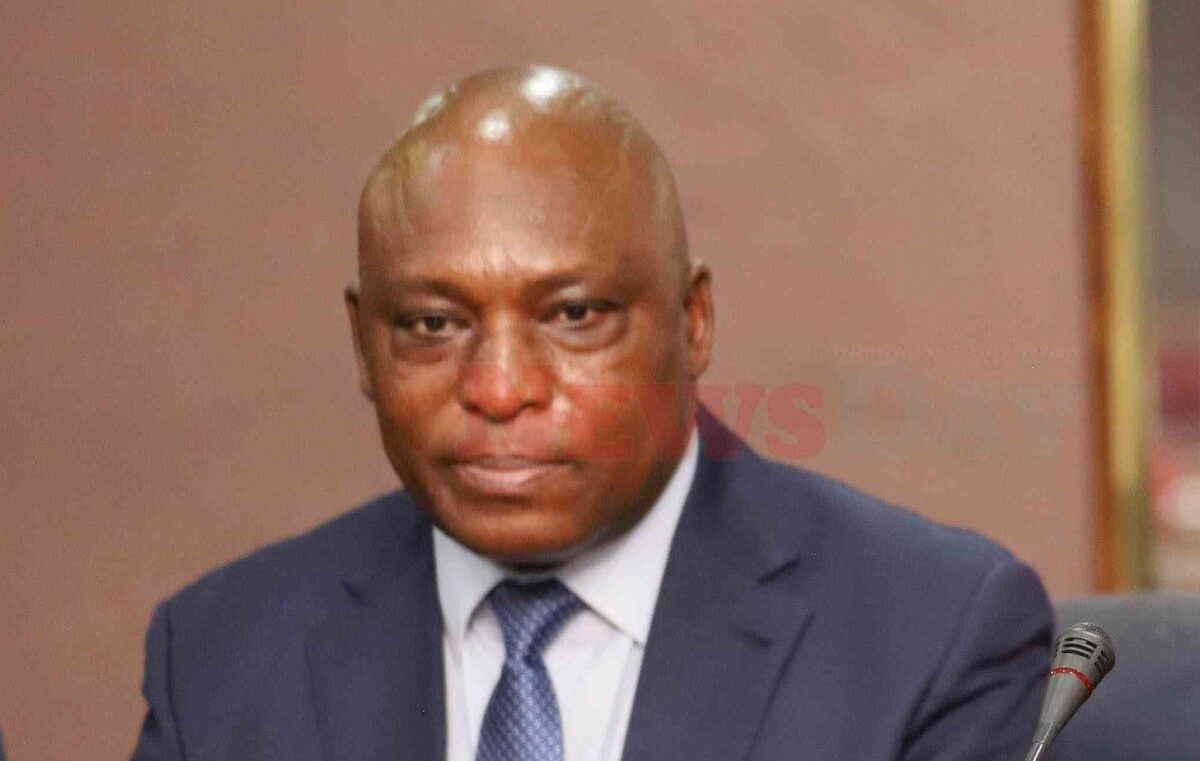HARARE – Two human rights activists are suing the government demanding the enactment of an Act of Parliament to comply with a provision of the constitution which says there must be an independent body to receive and investigate reports of misconduct by security forces.
Makomborero Haruzivishe and Tatenda Mombeyarara say they have both suffered “gross abuse” at the hands of security forces who cannot be expected to investigate themselves.
A constitution adopted in 2013 says in Section 210 that “an Act of Parliament must provide an effective and independent mechanism for receiving and investigating complaints from members of the public about misconduct on the part of members of the security services, and for remedying any harm caused by such misconduct.”
Seven years after the constitution was adopted, the Zanu PF government has yet to bring the legislation to parliament even as allegations of arbitrary arrests, abductions and torture mount against the security forces.
Haruzivishe and Mombeyarara this week asked the Harare High Court to make a declaration of constitutional non-compliance against the government as represented by Justice Minister Ziyambi Ziyambi, Home Affairs Minister Kazembe Kazembe, Defence Minister Oppah Muchinguri Kashiri, Minister of State for National Security Owen Ncube and the Attorney General Prince Machaya who are all cited as respondents.
“As a human rights activist I have suffered gross abuse of human rights by security agencies in particular the military and intelligence,” Haruzivishe said in an affidavit placed before the court.
“I have been heavily assaulted by soldiers, the police and intelligence.”
He also detailed several incidents in which he alleged he was assaulted and abused by security forces with no action being taken.
Mombeyarara said he was now “permanently disabled” after being tortured by military intelligence agents in 2019.
“The systematic assault on human rights continues under the ‘New Dispensation’. It is important that, that mechanism be set up as a deterrent to the current levels of abuse,” he said in an affidavit.
Ziyambi filed an opposing affidavit on behalf of all the ministers and the Attorney General.
“I deny that there has been any failure by the respondents to perform a constitutional duty imposed on them to enact the law in question, or that the applicants are entitled to an order to compel the respondents to do so. In my respectful view, there is no constitutional or other lawful basis for this honourable court to compel the respondents to do so,” Ziyambi argued.
He went further, however, and said Cabinet had decided in late 2019 that a new office of the Public Protector to be created by a Constitutional Amendment Bill currently before parliament “will constitute the independent mechanism envisaged or required under the provision of the constitution.”
“In the event that Parliament approves of the provisions to set up an Office of the Public Protector, a Bill to give effect to those constitutional provisions will be introduced in Parliament within a reasonable time and this will lead to the enactment of an Act of Parliament envisaged under section 210 of the Constitution,” he added.
Human rights lawyer Tendai Biti is representing the two activists.
The case is still pending.
















